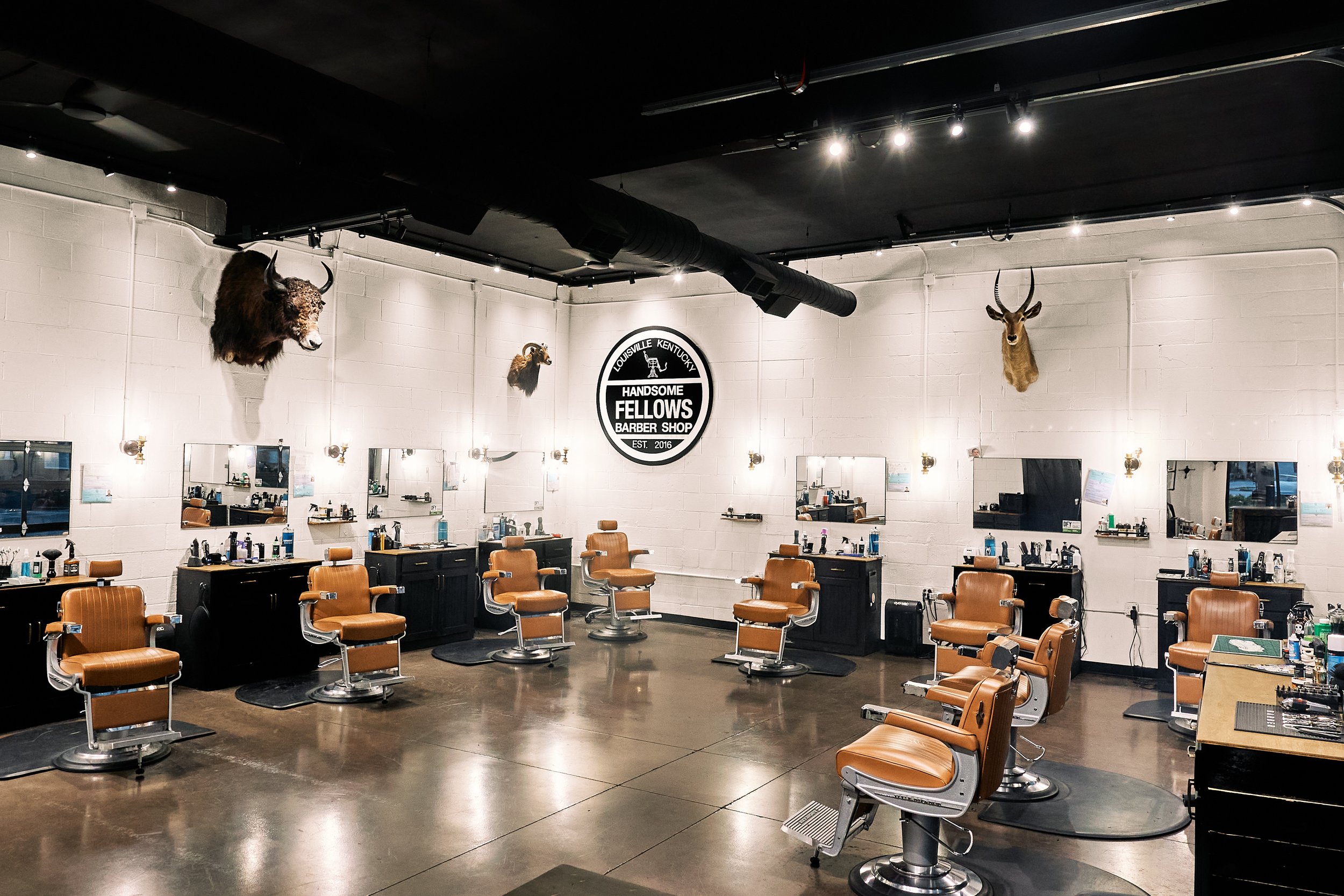Grasping such Influence on Surrounding Rules affecting the Functions within Barber Salons.
Wiki Article
Ecological rules have a crucial role in shaping how businesses operate, including barber shops. These regulations are created to safeguard the environment and public health by controlling refuse management, air quality, and resource consumption. Hairdressing salons, while primarily focused on hairstyling and personal services, must also comply to these rules to ensure they do not impact the natural surroundings. Understanding these guidelines helps salon operators achieve adherence and promote a eco-friendly operating framework.

A significant aspect of environmental policies impacting grooming establishments is refuse control. Barber shops produce various types of waste, including cuttings, styling agents, and packaging materials. Regulations often require these operations to implement specific disposal methods to minimize contamination and environmental load. For instance, trimmings can be recycled or repurposed for environmental projects, while chemical waste must be disposed of according to local guidelines. By handling waste responsibly, barber shops contribute positively to their communities and the planet.
Air quality is another critical aspect affected by environmental regulations. Many barber shops use products that emit VOCs, which can harm air conditions. Laws may limit the use of certain substances in hair dyes you can try here and styling products, prompting barbers to select more environmentally conscious alternatives. Switching to greener products not only improves air quality but also appeals to clients who prioritize sustainability. Haircare businesses can elevate their brand image by embracing environmentally friendly standards that benefit both patrons and the planet.
Water consumption is also governed by environmental regulations that can affect daily operations in barber shops. Many areas have restrictions on resource consumption due to drought conditions or other environmental concerns. Grooming facilities need to implement water-saving techniques, such as check this link right here efficient tap systems and efficient washing methods for linens and tools. These measures not only assist in meeting standards but also lower operational expenses for shop managers. By being aware of resource usage, barber shops can contribute in preserving this essential resource.
In conclusion, understanding environmental regulations is essential for barber shop owners who want to run a successful and responsible business. By prioritizing waste management, air quality, and water usage, haircare facilities can create a beneficial influence on their local areas while maintaining compliance with the law. Adopting sustainable practices not only benefits the environment but also builds customer loyalty as patrons increasingly value eco-conscious businesses. Ultimately, incorporating these regulations into routine practices leads to a cleaner ecosystem and a prosperous barber shop.